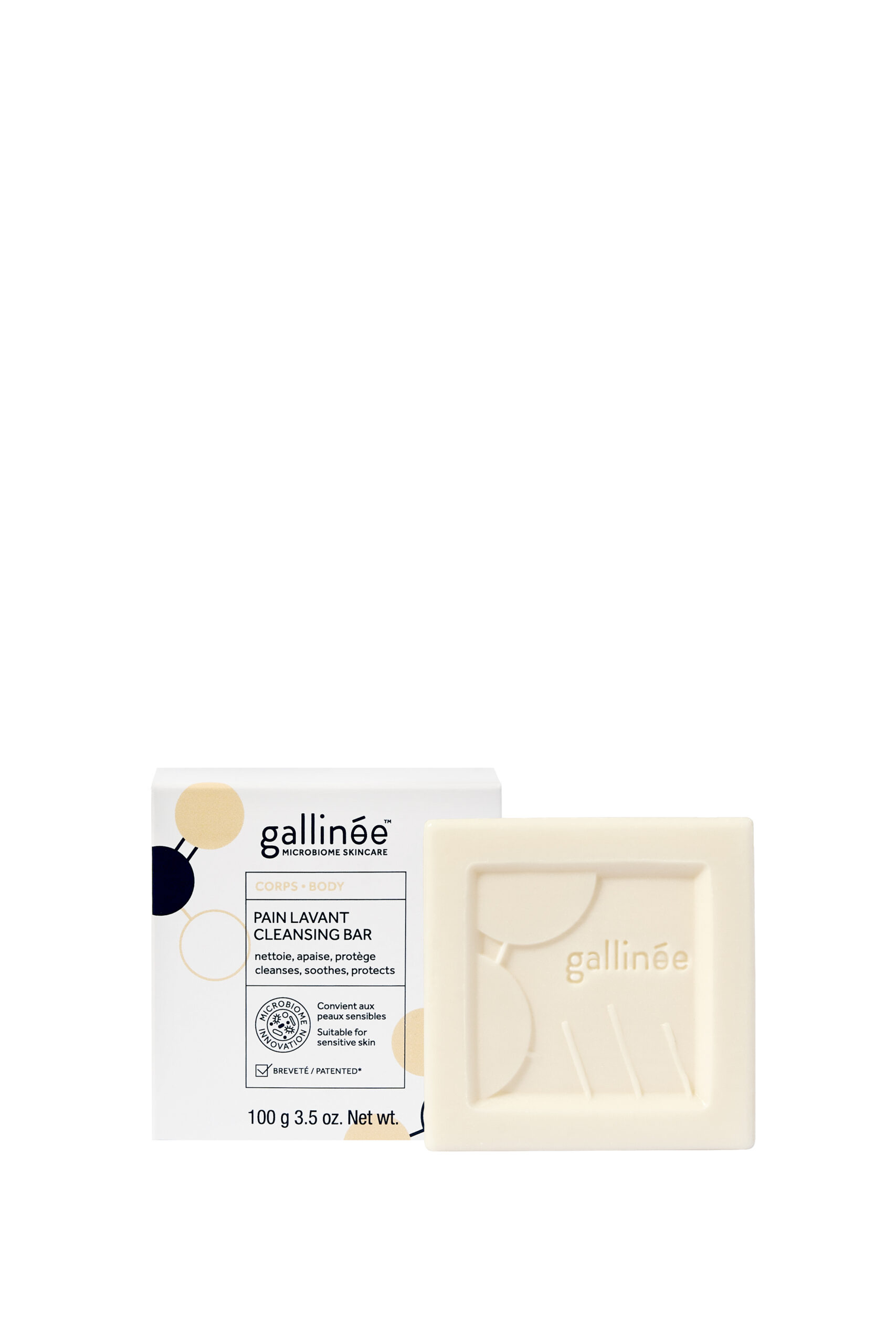Probiotics are a go-to product for gut problems in every health store, but their benefits are now starting to be introduced into the skincare sector, as Marie Drago highlighted at NPE in her session on the skin microbiome. This article was initially published on naturalonlineproducts.co.uk on the 25th of April. Written by Jane Wolfe.

Founder of skincare brand Gallinée, which launched two years ago, Drago talked about how the microbiome is beginning to alter the perception we have of beauty products and moving focus to the regulation and rebalancing of good bacteria on the skin, rather than their total removal.
“Since we discovered bacteria, most of the time we’ve been trying to kill them,” she said. “We saw all bacteria as bad bacteria, but that has changed recently with the discovery of the microbiome.”
“It has changed the way we think about skin ageing which is linked to inflammation,” said Drago. “All these probiotic bacteria on the skin have a clear anti-inflammatory effect – they regulate the immune system and prevent inflammation.”
But these bacteria have enemies. “You hear a lot about the actives in a product, but around these, you have got perfume, preservatives, texture agents, SPF, emulsifier, packaging – all of these impact the bacteria on the skin, so we have to think about this when we make products.”
When it comes to producing probiotic or microbiome skincare products, Drago sees smaller start-ups as having the advantage of being able to react quicker than the big brands. She stressed that there are two types of biome-friendly beauty products: probiotic beauty, which has some bacteria added; and microbiome beauty – which is where she places Gallinée – which uses the skin’s own bacteria to improve the microbiome.
The brand uses a patented complex of probiotic bacteria and prebiotics to feed the microbiome and rebuild the skin barrier, as well as postbiotic lactic acid, designed to provide the perfect environment for the skin and its bacteria.
Looking to the future, Drago believes that simpler formulations will be a key trend, as will using fewer products on the skin. “Maybe we have been using too many products – all this layering of preservatives and perfumes and emulsifiers have had an impact. More and more we think that the rise of eczema in the population might be linked to the overuse of products.”
She believes another change will involve preservatives. “Preservatives by definition are there to kill bacteria so I think we’re going to see more products without them, so in solid form or formulations without water – we don’t really need 36 months shelf life, so maybe we could live with a bit less than that and lower preservative levels.”
Read the article on naturalproductsonline.co.uk by clicking here.





















